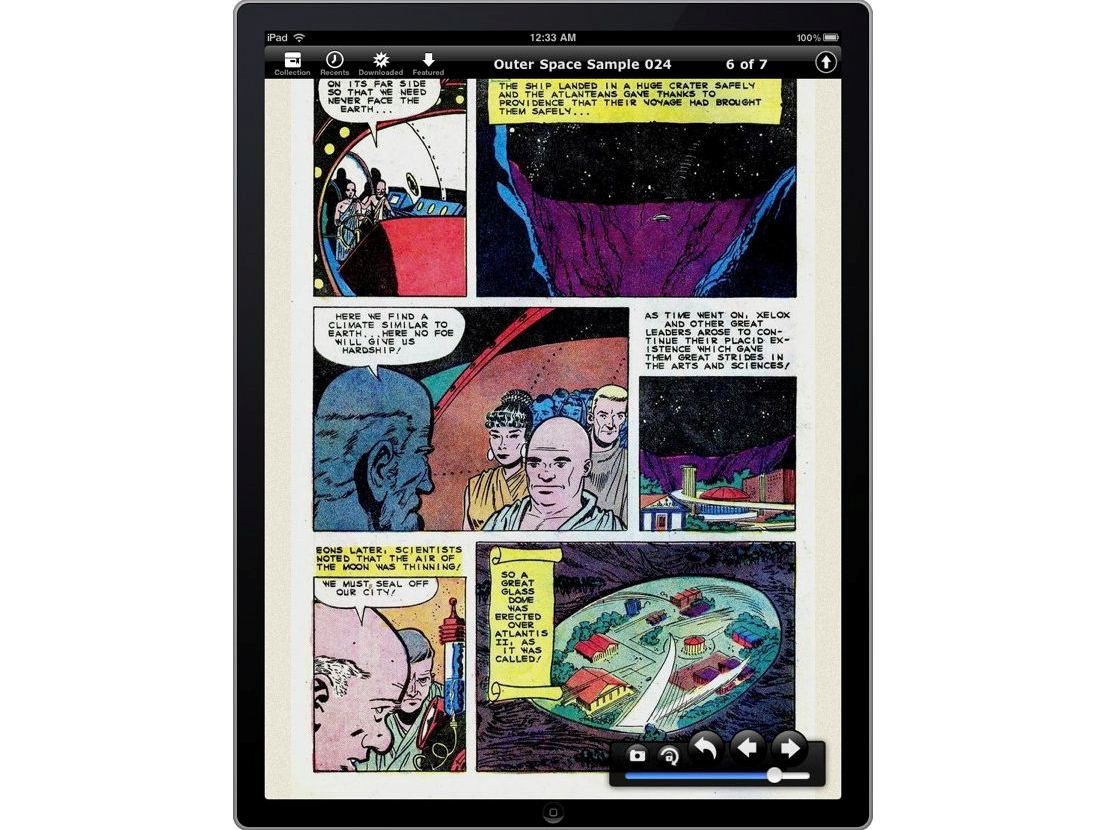Are we running out of touchscreens?
Indium tin oxide supplies could be exhausted in a decade

Just as we are all getting used to being surrounded by touchscreen gadgets in our daily lives, it looks like we could be heading towards a serious manufacturing problem within the next few years, according to New Scientist.
Indium tin oxide is one of the key raw materials used to make touchscreens for our tablet PCs, smartphones and gadgets, yet the latest warnings are that supplies may well run out in the next decade.
Indium is an expensive by-product of lead and zinc mining. Indium tin oxide has a rare ability to be able to conduct an electrical current while also being optically transparent like glass – hence that cool touch-control on your iPhone.
Smartphone touchscreens are now based on the concept of touch-control by the finger, which is conductive, and allows us to do away with those old-fashioned and unwieldy styluses.
However, Yale University's Thomas Graedel warns that stocks of indium are running low and are likely to be exhausted by 2020.
Carbon nanomaterials
So what is the computing and mobile phone industry to do?
Sign up for breaking news, reviews, opinion, top tech deals, and more.
Northwestern University's Mark Hersam suggests to the New Scientist this month that the future is in carbon nanomaterials. Specifically, scientists point towards a material called Graphene - sheets of graphite that are a single atom thick.
Hersam also suggests that carbon nanotubes - graphene sheets rolled up into cylinders - might also be a good option to develop for flexible displays, as they can be flexed "with little to no degradation in their performance," says the scientist.
Other materials scientists looking for materials that can mimic ITO's combination of transparency and conductivity are taking a different tack, developing silver nanowires, which are far more conductive electrically, but (as you would expect) also far more expensive to manufacture.
Hopefully somebody in a lab somewhere soon will crack the problem. Otherwise, what will do if we run out of the key raw material for all of our wonderful new touchscreen computers and phones and TVs and gadgets? Learn handwriting all over again?
Via New Scientist
